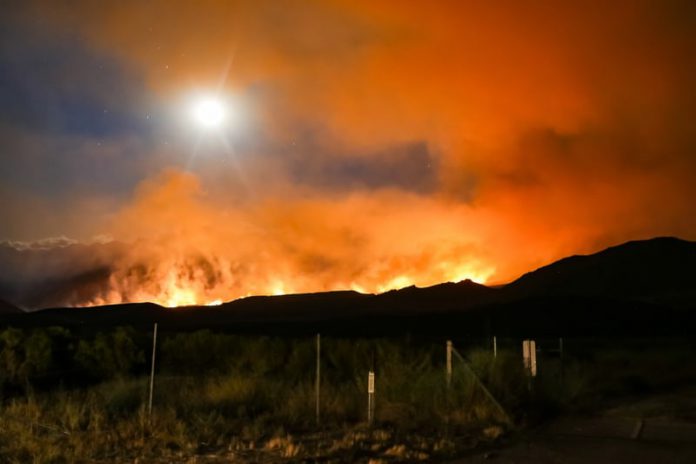Insurance broker Howden has claimed the insurance industry can act as a force for good against climate change following its publishing of a new climate report.
According to Reinsurance News, the report – titled Climate in Peril – highlights and explores how the increased frequency and severity of climate-related events raises the importance of insurance.
The report included an analysis of the past 50 years of insured losses, an analysis which shows a huge increase in weather-related events against other non-climate perils.
It was found that global insured losses from wildfires increased by a massive 500% between 2010 and 2019. Meanwhile, the humanitarian funding gap has shifted from less than $1bn two decades ago, to $4bn a decade ago, and now is more than $20bn. Howden’s data found that as much as $1.5trn of total pension fund capital could be deployed in insurance/reinsurance to help cut and remove this gap.
Howden CEO David Howden said, “The power of insurance both in removing barriers to the transition to a lower-carbon future, and in picking up the pieces when disaster strikes is immense. However, we cannot continue with a model that only protects those who can afford it.
“The need to deconstruct and rebuild insurance models in response to climate change is an opportunity to build back a more balanced approach, one which supports the long-term resilience of the world’s most vulnerable populations.
“I am convinced that what we have achieved with the Red Cross will prove to be a game changer. By focusing our collective expertise, data and ingenuity on creating new markets, we can unlock the huge sums of private capital looking for environmentally and socially conscious investments. This isn’t about tweaking existing models, it is about reinventing risk transfer and creating completely new markets. This is about changing insurance for good,”
Howden head of climate risk Charlie Langdale added, “Traditional methods of disaster relief funding cannot keep pace with demand, and existing risk transfer products cannot close the protection gap. The magnitude of the issue requires something far more imaginative and innovative, something that resets how disaster relief is funded, with insurance at its core.
“The volcano catastrophe bond launched earlier this year for the Danish Red Cross has proven that insurance-based products can bring together charitable donations and private capital in a way that provides more funds, more quickly to those who need it. Scaling this model up unlocks significant potential to address the imbalance in accessibility, whilst creating an attractive market for investors.”
A recent report by global insurance firm AXA found climate change was viewed as the top concern for both risk experts and the public in the UK.
Copyright © 2021 FinTech Global











